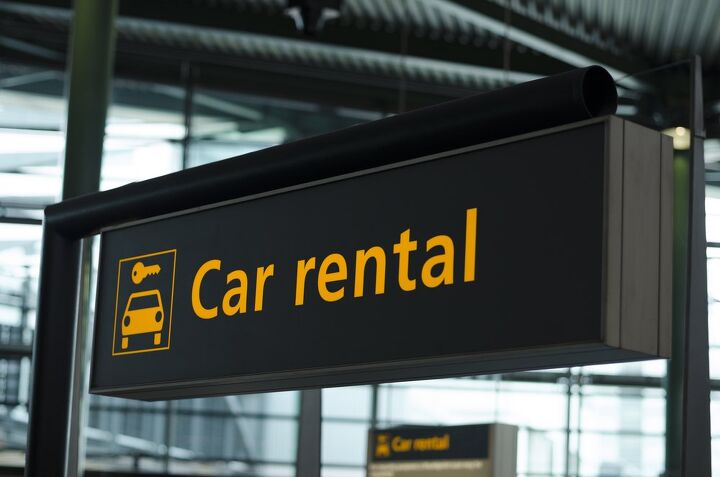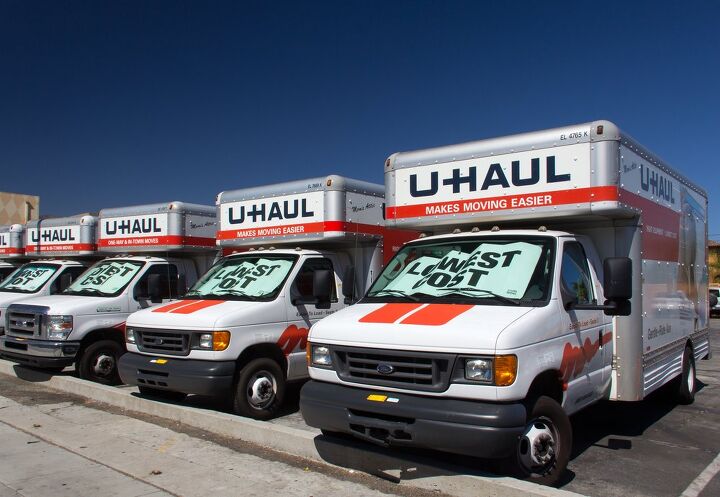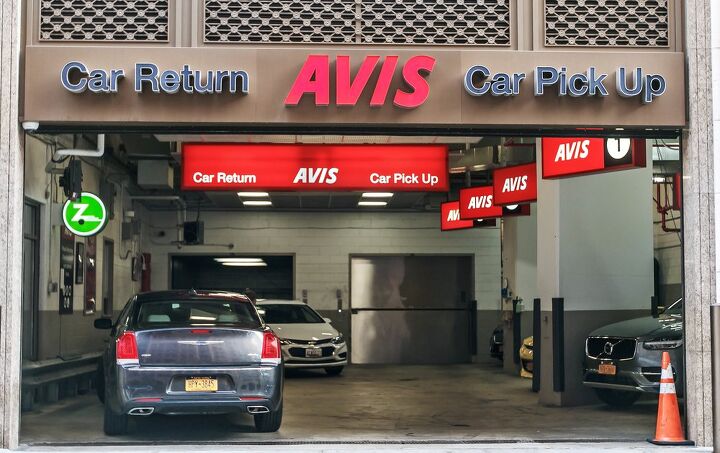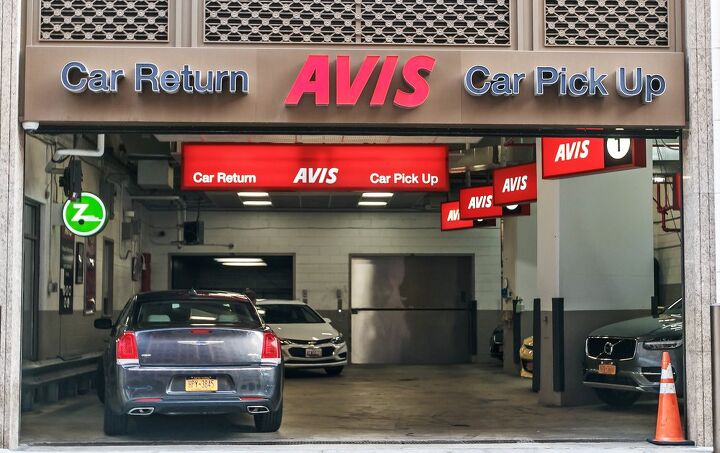#AutoRental
Good Luck Getting Rental Cars This Summer
As you might have noticed, or heard from us, rental agencies have been hoovering up new and used vehicles to offset the 2020 selloff that stemmed from everyone mysteriously canceling their travel plans that year. Returning to normal, which is something anyone who didn’t assume the world was ending could have predicted, has resulted in increased pricing for vehicles — regardless of whether you’re renting or buying.
Rental companies typically try to play the vehicle market like the rest of use stocks or (if you’re hip) crypto. Buy low, sell high. But 2021 has created a perfect storm of increased demand coming after a long stretch of nothing and an auto industry that doesn’t seem to be capable of building cars thanks to all sorts of component shortages. But it’s no sweat for the big rental agencies because they’re now able to charge just about whatever they want. They’re keeping vehicles in their fleets longer, making more money off them, and selling them back at elevated prices.
Rental Car Demand Pushes Hawaiian Tourists Toward U-Haul
With car rentals crippled through 2020 as society collectively stopped traveling in response to the pandemic, businesses entered 2021 with the perfect excuse to charge exorbitant fees to lend out some of the cheapest vehicles on the market. Cities have it particularly bad as rental firms find themselves with a surplus of locals wanting to escape and not enough vehicles to serve them. Daily rates now surpass three figures in metropolitan areas and can balloon by hundreds more if a customer wants to return the vehicle out of state (depending on the agency).
However, Hawaii is where things start to get really weird. The islands are reportedly in such short supply of rental cars that tourists are borrowing U-Hauls, where the biggest concerns of mileage and finding a parking space pale in comparison to the upfront cost of something more typical of vacationing families.
The Great Car Rental Revival of 2020
Rental-car agencies, shunned by a population that didn’t know whether it was safe to go outside for most of the year, have reportedly started to turn things around. While the recovery didn’t come soon enough to save Hertz from having to declare bankruptcy, the summer months were much kinder to the industry as a whole. Despite the likelihood of 2020 remaining an unprofitable year, the final two quarters should help rental groups recoup some of the sustained losses.
A recent assessment conducted by the Wall Street Journal suggested that the industry is benefiting from a population that continues to shun air travel during the pandemic and elevated used vehicle pricing. While discount prices actually hampered Hertz right when it needed a miracle, secondhand auto rates surged through the latter half of the summer and helped stabilize the rest of the vehicle rental industry.
Zipcar Expands Options Amid Pandemic, Auto Rental Agencies Cut Prices
With auto manufacturers, dealerships, and insurance agencies scrambling to find a way to retain customers during a global pandemic, now is the season of trying new things. Insurance companies have begun offering refunds on premiums for certain people who can’t afford to pay (and aren’t driving) during the health crisis. Automakers are offering heavy incentives on just about everything, cutting additional breaks for those left unemployed. Dealers are swapping to digital sales models to avoid as much direct contact with buyers as humanly possible while still making a sale.
But what are ride-sharing companies supposed to do?
Zipcar has a few ideas. With ride-hailing services and taxi cabs being viewed by many as mobile germ carriages, you wouldn’t expect shared vehicles to be in demand. Zipcar is making a few changes in a bid to make it all the more appetizing. Rather than relying on its typical hourly (or daily) price rates, it has expanded its Dedicated Zipcar vehicle program for weekly rentals. But that puts the business up against traditional rental firms, which have slashed their prices to an almost comical degree.



















Recent Comments